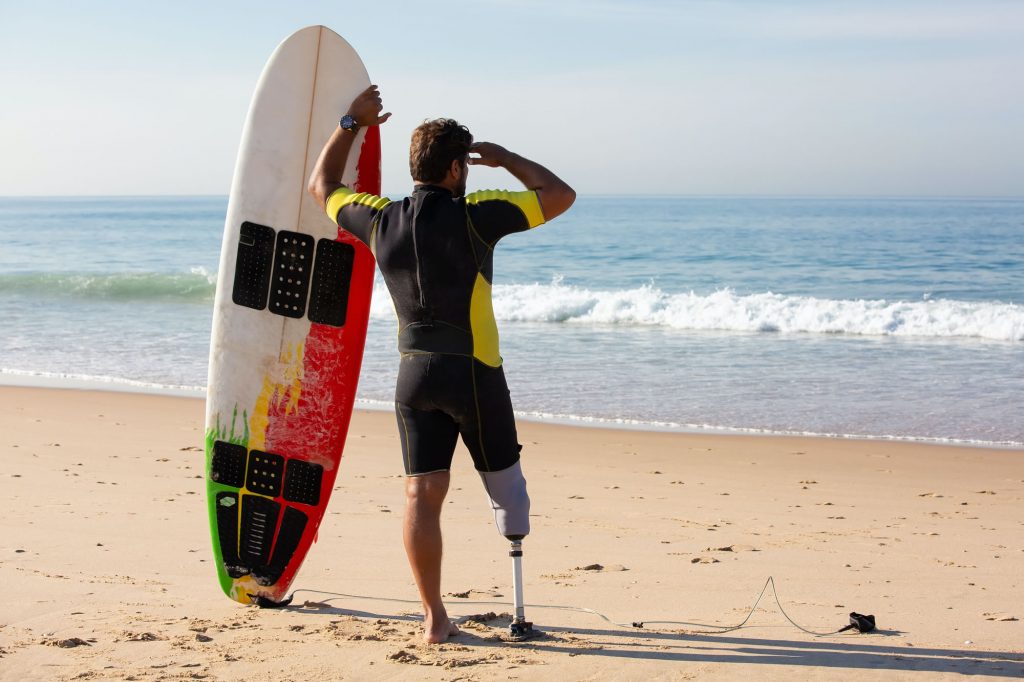What does good look like?
Instructing an appropriate case manager is essential for all catastrophically injured people- ensuring the “right fit” and most appropriately skilled professional is often the key to whether or not an amputee has a successful outcome or not and achieves their goals and things they want to do in life.
Here is my summary on what makes a good amputee case manager:
– Clinical knowledge, experience of working with amputees in a clinical environment and a high level of reasoning skills to prioritise the most appropriate treatment and introduce different treatments at the most appropriate time in the individual’s rehabilitation journey
– Ensuring the amputee has the right prosthesis and rehabilitation as early in their journey as clinically appropriate.
– An up-to-date working knowledge of prosthetics and advances in technology is essential
– Ability to co-ordinate services and interdisciplinary interventions to help the individual cope with day-to-day practical issues and the emotional impact amputation has on them and their family
– An holistic knowledge of the physical, psychological and social aspects of limb loss are understood so education can be provided and realistic goals set at every stage in the journey
– A goal focus and use of outcome measures to underpin the credibility of case management interventions
– Ability to build a strong rapport with the individual, family, treating professionals and legal team- meeting, and communicating at every stage in a professional manner
– Be willing to challenge the amputee to fulfil their potential and have difficult conversations along the way
– To be proactive and flexible- demonstrate an ability to change quickly when things are not working and have a different plan
– Although case management is separate to litigation, the case manager needs a good understanding of the process and an enjoyment of working in the legal environment

